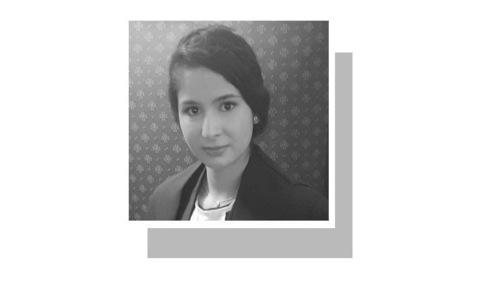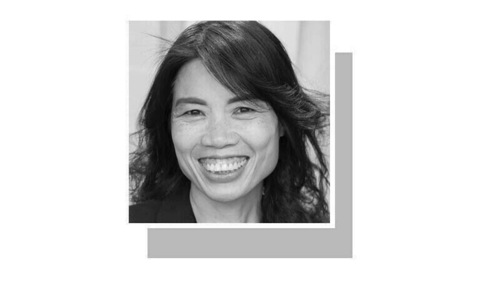LONDON: Iraq’s crackdown on the Mehdi Army in Basra poses a dilemma for the United States, which wants Iraqi forces to take a lead on security but risks getting sucked into their violent Shia feud.
Security forces have battled the Mehdi Army militia loyal to Shia cleric Moqtada al-Sadr in Iraq’s southern oil city for days, targeting what Prime Minister Nuri al-Maliki has called “outlaws”. But there is little prospect of a swift victory. The fighting has spread through southern regions, drew the US forces and led to protests in Baghdad by followers of Sadr, who say Maliki is using force to weaken his political rivals.
Sadr pulled out of Maliki’s Shia-led government last year when the prime minister refused to set a deadline for US troop withdrawals. But Sadr also ordered his Mehdi Army to observe a ceasefire which has been central to a recent fall in violence.
“The key question now is what the United States is going to do,” said Joost Hiltermann, of the International Crisis Group think tank. “If it allows (the crackdown) to go forward the ceasefire will unravel and the US will face the Sadr movement in its full power.”
“This will be bad for both sides. Sadr will lose men and the United States will lose the gains of the surge”.
The Mehdi Army twice launched uprisings against the US occupation in 2004 and was blamed for sectarian death squad killings at the height of Iraq’s vicious civil strife.
President George W. Bush sent reinforcements last year to help bring Iraq back from the brink of all-out civil war, but plans to withdraw 20,000 troops by July, leaving the total close to the 140,000 level it had before the increase.
He has praised the Basra operation as proof that Baghdad is increasingly able to handle security without US leadership.
But US forces were drawn deeper into the fighting on Friday when they launched air strikes in support of Iraqi units on the ground in Basra.
Hiltermann said although the United States was “desperate to show progress by Iraqis”, the Basra operation was unlikely to yield results.
“I doubt very much the Iraqi forces in Basra can stand on their own two feet. They are not a national army.”
POLITICAL AGENDA?: Analysts say Maliki’s decision to launch the Basra crackdown, instead of carrying through with a promised offensive against Sunni Islamist militants in the northern city of Mosul, lends weight to the Sadrist accusations of a political agenda.
The attacks have targeted the Mehdi Army while leaving two other powers in Basra, the Fadhila party and the militant Badr Organisation of the Supreme Islamic Iraqi Council (SIIC) — which supports Maliki’s Dawa Party — largely untouched.
“If Maliki had been serious about ending militia rule in Basra he should also have dealt with the militias of Fadhila and the Badr brigades,” said Reidar Visser, an expert on southern Iraq who edits the Website www.historiae.org.
Iraq’s Shia Muslim power struggles have been heightened by political rivalry ahead of provincial elections in October.
The showdown in Basra involved competition for control of oil resources, rivalries ahead of the October elections and disagreement over whether Basra should become part of a Shia federal region in southern Iraq, Visser said.
He said the United States had consistently supported Maliki in confronting other factions, and ran the risk of getting deeply embroiled in the latest conflict.
Fighting has broken out across southern Iraq. Mehdi Army fighters seized control of the city of Nassiriya and have also held territory or fought with authorities in Kut, Hilla, Amara, Kerbala, Diwaniya and other towns over the past days.
Vali Nasr, a Middle East expert at the Council on Foreign Relations in Washington, said the fighting pitted Sadr’s Mehdi Army against the SIIC’s Badr Organisation fighters — many of whom have joined the regular Iraqi security forces.
“Maliki is not in control of Shia politics in the south, and that is the real prize right now that Sadr and (SIIC leader Abdul-Aziz) Hakim are fighting for,” Nasr said.
Despite the violence, Sadr has not formally abandoned the ceasefire he announced in August. Hiltermann said Sadr still wanted to avoid direct confrontation with US forces, unless he felt there was no alternative.
“I don’t think they will change that unless they see the US openly confronting them instead of Iraqi proxies,” he said.
If the ceasefire were to collapse entirely, US talk of greater stability in Iraq created by the recent troop reinforcements will have proved to be hollow, Nasr said.
“It will make the outcome of the surge look completely different from the way in which it has been interpreted in the United States right now as an unmitigated success in bringing stability to Iraq, reducing the number of casualties for the Americans, and the number of deaths for Iraqis.—Reuters












































